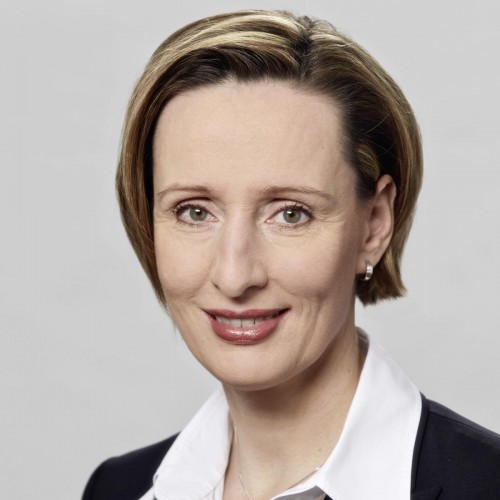
You are coordinator and chair of the smart service activities within the strategy finding process Smart Grids 2.0. Why are new services and business models so important for disseminating smart grids?
We are currently going through a major transformation process: digitalizing all areas of work and life. Companies such as Google, Apple or Amazon develop digital technologies and launch them in the market with innovative business models – with the focus on the customer. This people-centred approach is exactly what we need for designing the energy systems of the future, too. A number of technologies are already sufficiently mature; now we must get them to market with new business models.
Which business models might be of particular interest to customers?
Business models which offer customers monetary benefits have obvious attractions. Packages aimed at households with high energy consumption and at commercial customers are already available in the market. By means of consumption monitoring and specific tips on economizing one can benefit financially, even allowing for the cost of this energy service. Looking further ahead into the future, we are discussing business models that build on current trends. Take the idea of a sharing economy: there is no need for each of us to own one of everything – instead people share a solar facility, say, which can be crowd-funded. The shareholders receive electricity, can trade with it in a peer group, or even donate it to third parties if they like. These ideas for business models are based on data on provision and consumption and on appropriate software facilities.
Which target groups will be addressed?
Every business model is aimed at very specific target groups – ranging from private households to companies or electricity suppliers. In developing new business models and services one must be aware of the needs of the various categories of customer. The tenants of flats in towns are e. g. interested in “renewables first” models, because they have no property and may still wish to join in the energy turnaround. On the other hand, financially independent houseowners on the outskirts have money to invest in solar facilities, household power storage or electric cars. For each group of customers the right business model must be developed; data analysis can be employed to get a clearer picture of behaviour and motives.